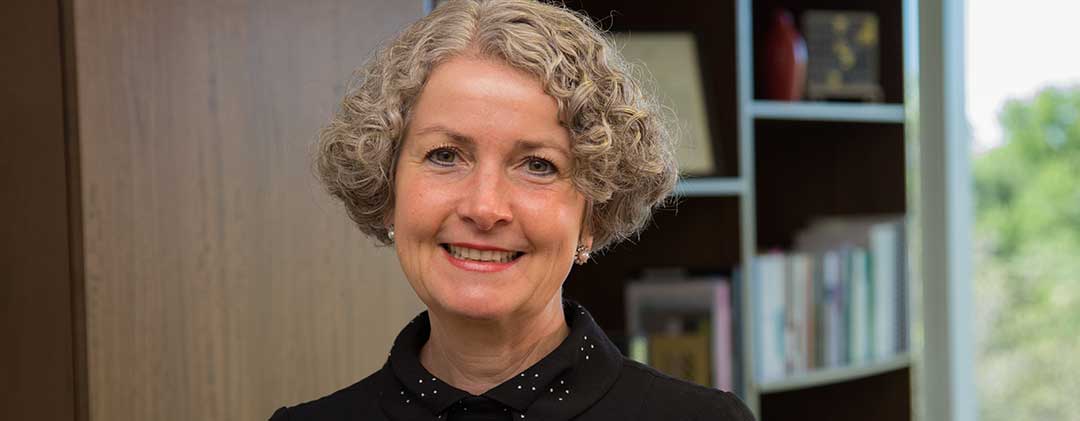
Home Affairs Secretary Stephanie Foster admits her department didn’t inform the minister about certain visa review decisions. Photo: Supplied.
The Federal Government will issue fresh directions to the new Administrative Reviews Tribunal to deal differently with visa cancellations following weeks of Opposition and community criticism over convicted criminals being allowed to stay in Australia.
Prime Minister Anthony Albanese told parliament on Wednesday (29 May) that the situation could not continue where reviews had to consider ‘ministerial direction 99’ – issued by Immigration Minister Andrew Giles in January last year – that takes into account visa holders’ ties to the community when considering whether to reinstate their visas.
“The only effective way of ensuring the tribunal members are making better decisions is to issue a new revised direction, which the minister will be doing,” the Prime Minister said.
“The new directive will ensure that the protection of the community outweighs any other consideration.”
Mr Giles has been under repeated attack in parliament since one person whose visa was reinstated has since been accused of murdering someone in Brisbane.
Opposition Leader Peter Dutton has called for Mr Giles to be sacked.
Last year’s ministerial direction was implemented to appease the New Zealand government.
The Administrative Reviews Tribunal replaces the Administrative Affairs Tribunal, which has reinstated the visas of convicted criminals.
Mr Giles said some of the Administrative Affairs Tribunal’s decisions were not grounded in common sense.
The Administrative Reviews Tribunal will get new orders.
“The new direction will ensure that all members of the ART will adopt a commonsense approach to visa decisions, consistent with the intent of ministerial direction 99,” Mr Giles said.
“First and foremost, this means ensuring that the protection of the community outweighs other considerations. This has always been the Albanese government’s highest priority.
“The revised direction will also strengthen the principles of community safety in the making of decisions, including the impact of the decisions on the victims of crime and their family members, and also strengthen the family violence provisions to reflect the government’s and Australians more broadly commitment to end violence against women and children.”
In a Budget Estimates hearing, Home Affairs Secretary Stephanie Foster threw the embattled minister a lifeline by saying that her department had failed to advise him about tribunal decisions allowing criminals to renew their visas.
“The department did fail him. We did not meet our very clear protocol,” she told the Senate committee.
“We’re not saying that none of these cases would have gone to the minister. We’re saying they have not yet gone to him.”
But the secretary added she had not yet been able to get to the bottom of the communications failure.
Budget Estimates also heard that Home Affairs has refused 4614 visitor visas between October last year and March this year for Palestinians wanting to flee the war in Gaza and come to Australia.
There were 2686 such visas granted to Palestinians in that period (compared to 3309 granted to Israelis), but department officials admitted to the estimates hearing that the refusal rate for Palestinians was higher than normal.
It was even higher than the figures they first gave to the Senate committee, which they said sat at 1831 refusals from more than 9600 lodged applications.
Officials had to update the figures on Wednesday, drawing a reaction from Greens senator David Shoebridge that the number of refusals amounted to a “massive increase” since the last figures reported to the Senate in March.
He asked why so many people trying to flee “genocide” were not being given visas.
First Assistant Secretary Damien Kilner noted that processing had continued since March.
“We did prioritise early on at the start of the conflict, those with the closest family links and we’re now working through those who primarily have limited or no links to Australia,” he said.
“The decision-makers have come to the decision that [those rejected] don’t meet the visitor requirements.
“They’ve been unable to demonstrate that they’re able to meet the requirements for the grant of that visa.”
Less than than 600 Palestinians have been able to so far arrive safely in Australia after fleeing the conflict.
Original Article published by Chris Johnson on Riotact.




